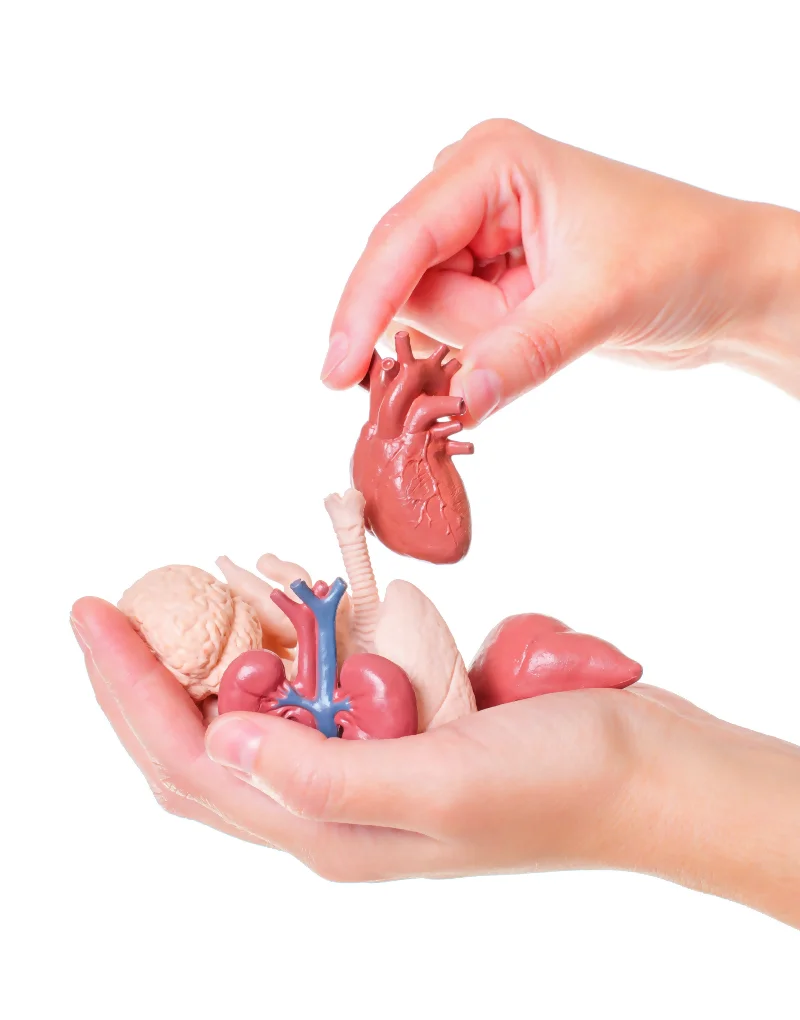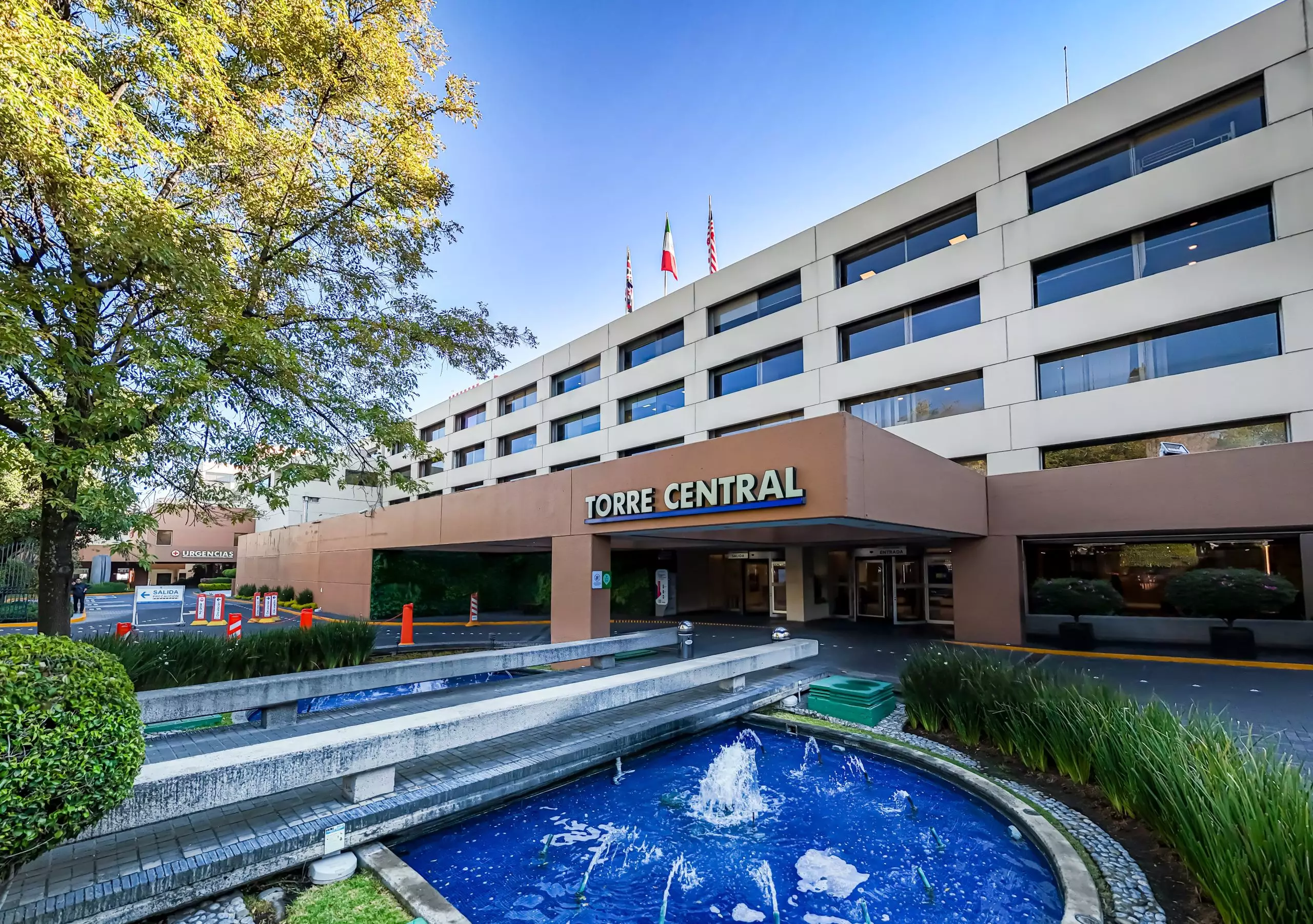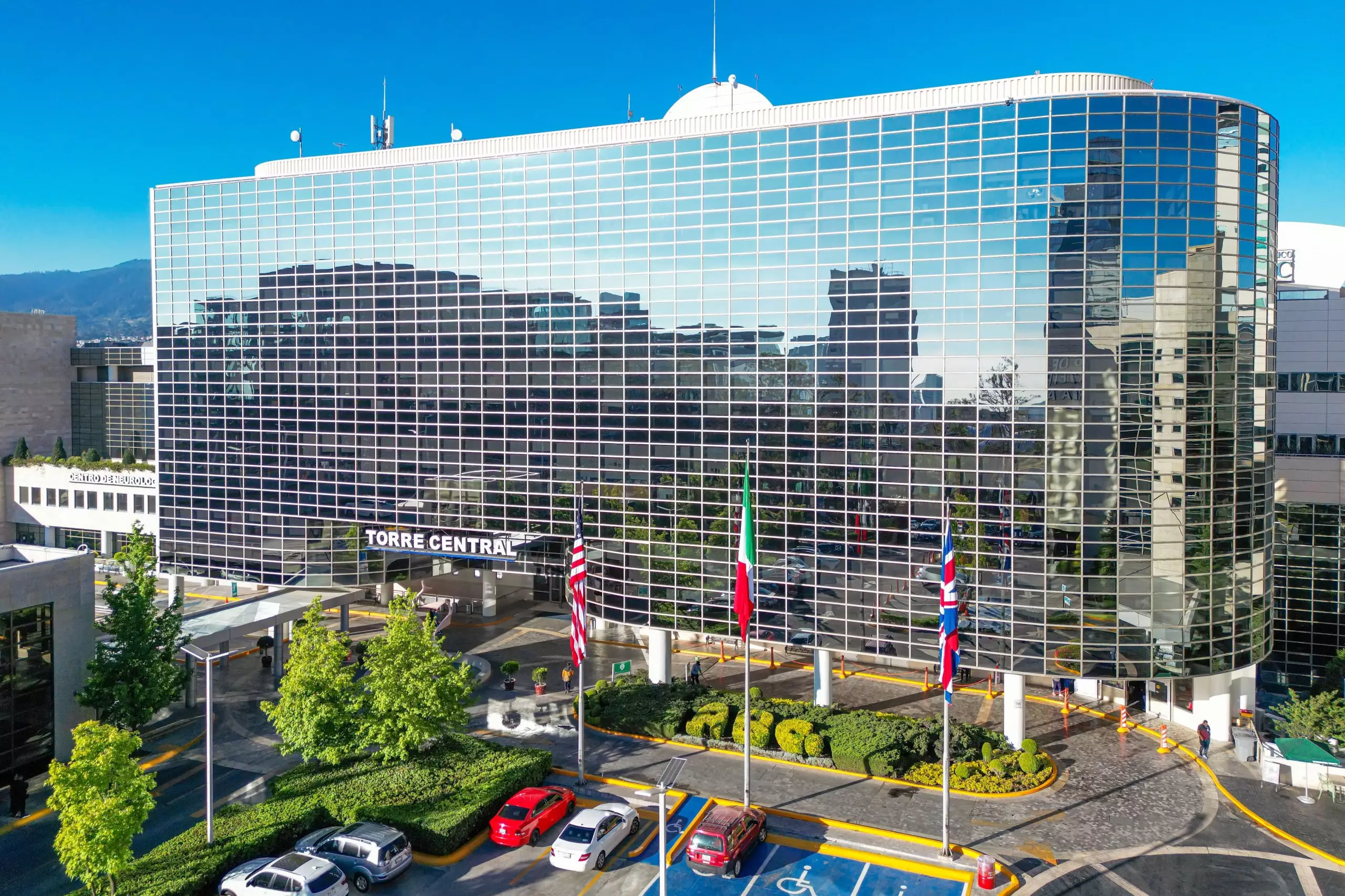Organ donation
An alternative that offers a new opportunity for life
The Transplant Center adheres to the highest standards of quality and safety in patient care.

Organ donation

The National Transplant Center (CENATRA), part of the Federal Health Secretariat, is responsible for coordinating the entire process from donation to transplantation of organs, tissues, and cells, ensuring it is done legally and safely.
In Mexico, despite being leaders in organ donations in Latin America, there are still around 23,000 people on the waiting list for transplants.
Organ, tissue, and cell transplants are treatment options for individuals with conditions leading to irreversible organ failure or dysfunction of tissues.
These transplants are made possible thanks to the generosity of those who donate their organs voluntarily, either while alive or after death from brain death.

Donation in life
In certain circumstances, a person can donate an organ or a part of it without compromising their health, known as living donation. For example, donating a kidney is feasible because one can lead a normal life with just one kidney, and the surgical risk is minimal.

According to Article 333 of the General Health Law, for such a transplant to take place, the donor must meet certain requirements, including being of legal age, being in full mental capacity, having compatibility with the recipient, receiving comprehensive information about the risks and consequences, and giving written consent. When there is no kinship between the donor and the recipient, approval from the Transplant Committee of the hospital institution and notarized consent are required, clearly stating that the donation is altruistic, voluntary, informed, and without financial compensation.
The donor may revoke their consent for the transplant at any time before it is performed. Additionally, all legal requirements and procedures established by the Secretariat must be fulfilled to ensure that no profit is involved in this practice.
What can be donated while alive?
Kidney
Liver segment
Hematopoietic cells (HP)
Blood
Donation of organs from deceased persons

When a person dies from cardiac arrest or brain death and their family consents to donation, a cadaveric donation is carried out. The potential donor is evaluated to determine their suitability.
If support is needed for organ distribution, the hospital requests assistance from the National Transplant Center (Cenatra), which provides information about recipient hospitals. The Internal Coordination Committee then decides to which hospitals the organs or tissues will be sent.

What can be donated after death?
If a person dies from cardiac arrest, they can only donate tissues such as:
| Corneas | |
| Skin | |
| Bone | |
| Ligaments | |
| Tendons | |
| Heart valves | |
| Blood vessels |
In the Case of Death by Brain Death, It Is Possible to Donate:
| Kidneys | |
| Liver | |
| Heart | |
| Lungs | |
| Pancreas | |
| Intestine | |
| Tissues (mentioned above) | |
| Composite tissues: hand |
Process of donation after death


A thorough medical evaluation is conducted for each organ and tissue that may be donated. The designated family member is then interviewed to obtain their consent for the removal of the organs and tissues.
The donor’s body receives appropriate medical care until it is transported to the operating room. The extraction of the organs and tissues is performed using sterile techniques. After the surgery, the body is handled with dignity and respect, ensuring that its integrity and symmetry are maintained.
Procedure to determine if a person is a candidate for a transplant

Where to Find Us

Campus Observatorio
Sur 136 No. 116, Col. Las Américas, Álvaro Obregón, 01120, Cd. de México.

Campus Santa Fe
Av. Carlos Graef Fernández 154, Col. Santa Fe, Cuajimalpa, 05300, Cd. de México.

